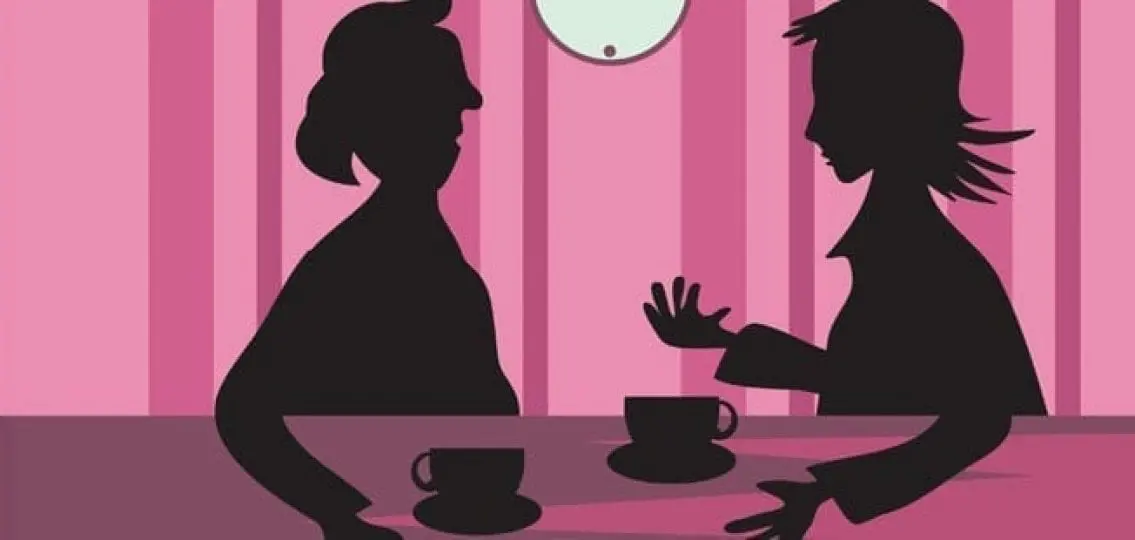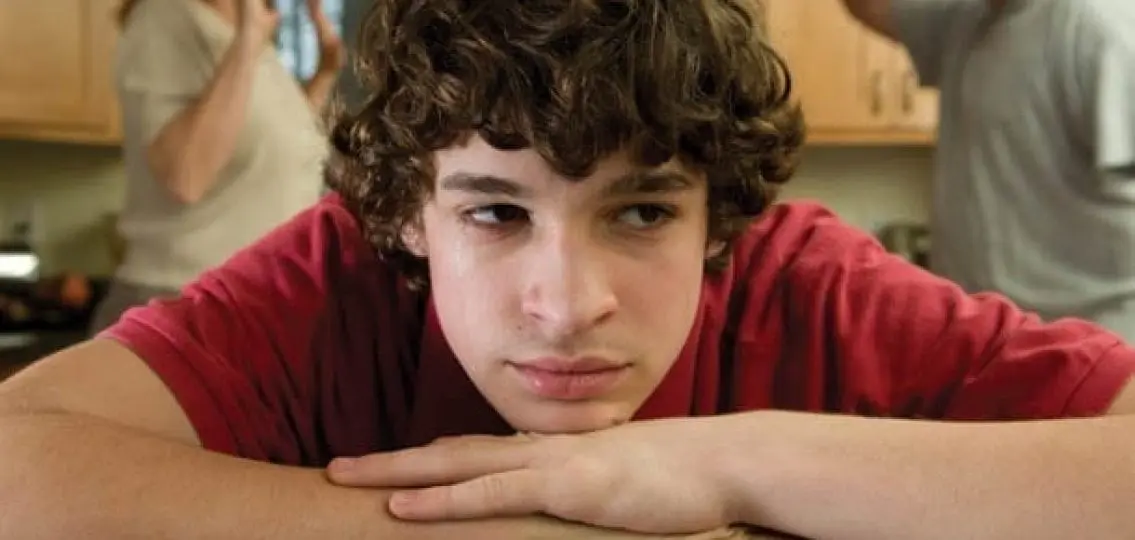Sitting in the back of the Ludlow Middle School auditorium with my son, an avid basketball player and fan, we listened to former Boston Celtic, Chris Herren, speak about his drug addiction.

I brought my 11-year-old son to hear Herren’s tale because alcohol and drug addiction run in our family. I’m trying to maintain open lines of communication.
I Caved
The auditorium was packed with parents and their children. I entered a row of seats, followed by my friend Dana, her son Sam and then Owen. “Should I sit with Owen?” I asked Dana.
She shrugged her shoulders. I took this as, “No, he’s fine next to my son. He doesn’t need to sit next to you.”
I even decided that maybe I should give him space, allow him to feel some independence. I dismissed thoughts of possibly wanting to reach out and hold his hand if the talk became scary or disturbing.
Herren spoke for an hour and a half about the events that led to being kicked off the Boston College basketball team. He was a partier in high school, but he didn’t try cocaine until he got to college. His roommate and a girl were doing lines of cocaine and the girl insinuated that he would be weak if he didn’t.
Imagine a huge guy, a great athlete, giving in to peer pressure. I could relate even if I wasn’t a star. It wasn’t technically peer pressure, but I did stay in my seat next to Dana, rather than move next to my son because I assumed that’s what she wanted, while in all likelihood, she probably didn’t care where I sat.
I Caved Again
I looked over at the boys in their shorts, t-shirts, and basketball sneakers. Her Sam was fidgety while Owen’s eyes were completely focused on Herren. Was my son mesmerized? Frightened?
As Herren shared being slumped over in a car in Turkey overdosed from heroin, I wondered how was Owen’s eleven-year-old mind was processing this information. I had a sense he got it all.
As the Q&A started, Dana put her hand on my shoulder and asked, “Is it all right if we leave?” I wasn’t expecting this. Did Owen want to leave? The auditorium was still packed. What would we miss? Then I brushed those thoughts aside, talking myself out of my feelings, again. She drove, after all. She did us a favor.
When we got out in the lobby, Owen wasn’t happy. “Why do we have to go? Can’t we still stay? Just because Sam wants to go, why do we have to leave?”
I was surprised by his assertiveness. Wasn’t I looking for my kid to stick up for himself and think on his own? Shouldn’t I be rewarding this and reinforce the importance of assertiveness.
“They drove us,” I said quietly. Dana nodded to show me that I was right to conclude this.
In the car ride home, Owen said, “He talked about real stuff.” Sam was quiet. I talked about the friends I had in high school and college who had made bad decisions.
A Pattern of Silence
When we left early, did I cut Owen off? Did I perpetuate the silence?
I began to reminisce about my silences. When my daughter was a baby, someone dropped a can of soda from the second floor of the Norwalk Maritime Aquarium. My baby was bundled up in a fleece in her stroller. A full can of soda landed inches away–coke splashed everywhere and stained my baby’s fleece. I didn’t scream and I didn’t yell at the kid who dropped it off the balcony. I simply propelled the stroller forward, rushing to take cover. No one else knew what had just happened amid the chaos of whirling crowds of people. I was stunned silent. For months, I replayed the incident in my head, angry at myself for not yelling at the kid responsible for almost… I couldn’t finish the thought.
Was I setting a bad example for Owen? If I can’t speak up for my children, how will they learn to speak up for themselves? How will they learn to say no to the stupid ideas of their peers?

We rode back in Dana’s minivan. I asked the boys questions. Told them what I thought, trying to make up for my lack of control earlier, recognizing that the next time I take my child to an event like this, I will sit next to my son or daughter and I will speak up.




